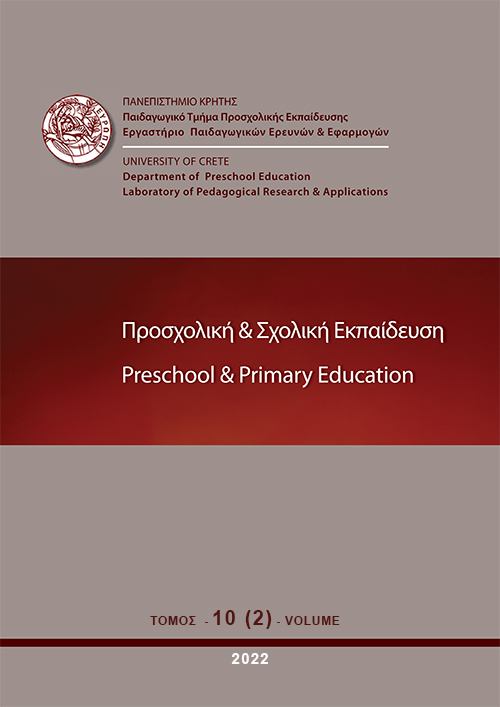Deconstructing five myths of giftedness and gifted students
Abstract
Gifted and talented children constitute a rather neglected and underserved student population with limited access to appropriate educational services that may contribute to identifying and developing their talent. The prevalence of misconceptions and myths about giftedness and the characteristics of the gifted tends to further undermine efforts for an efficient psycho-educational approach to gifted students. Within this context, this paper seeks to debunk five prevalent myths and misconceptions about giftedness and gifted students as yielded through a literature review, starting from the relevant special issue of the Gifted Childhood Quarterly. This review analyses five common misconceptions about the definition, the expression of giftedness, as well as the educational needs and potential of gifted students. Debunking these myths goes through juxtaposing current research findings and modern theories that add to the available knowledge about giftedness and promote evidence-based inclusive practices.
Article Details
- How to Cite
-
Touloumakou, A., Belogianni, V., Barrable, A., & Lada, M. S. (2022). Deconstructing five myths of giftedness and gifted students. Preschool and Primary Education, 10(2), 153–174. https://doi.org/10.12681/ppej.27749
- Section
- Articles

This work is licensed under a Creative Commons Attribution-NonCommercial-ShareAlike 4.0 International License.
Authors who publish with this journal agree to the following terms:
- Authors retain copyright and grant the journal right of first publication with the work simultaneously licensed under a Creative Commons Attribution Non-Commercial License that allows others to share the work with an acknowledgement of the work's authorship and initial publication in this journal.
- Authors are able to enter into separate, additional contractual arrangements for the non-exclusive distribution of the journal's published version of the work (e.g. post it to an institutional repository or publish it in a book), with an acknowledgement of its initial publication in this journal.
- Authors are permitted and encouraged to post their work online (preferably in institutional repositories or on their website) prior to and during the submission process, as it can lead to productive exchanges, as well as earlier and greater citation of published work (See The Effect of Open Access).



